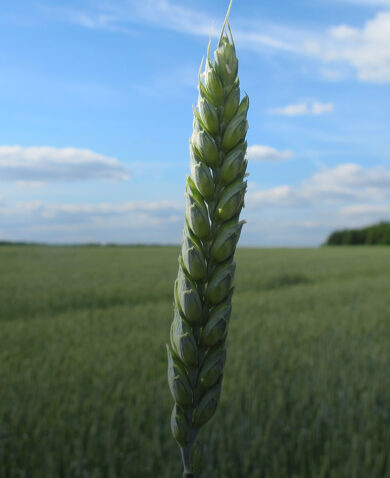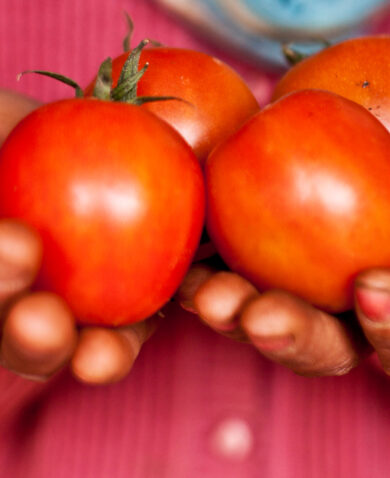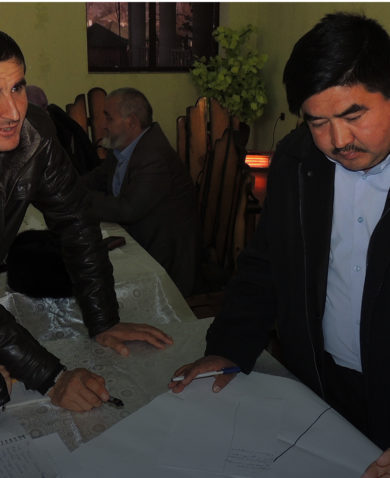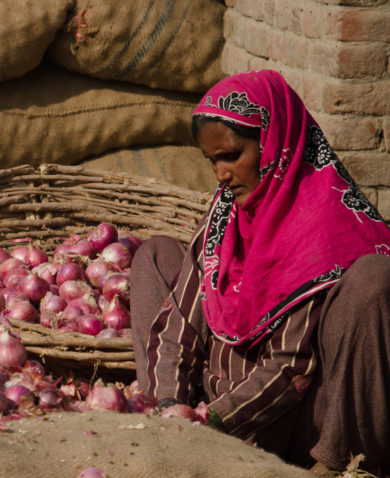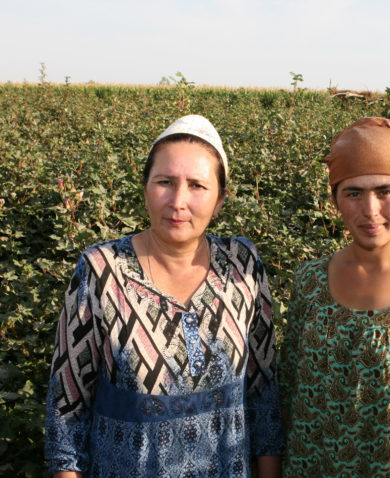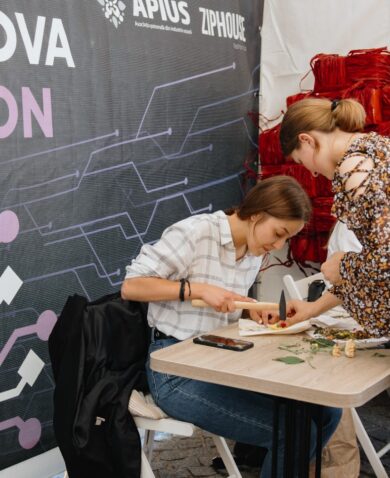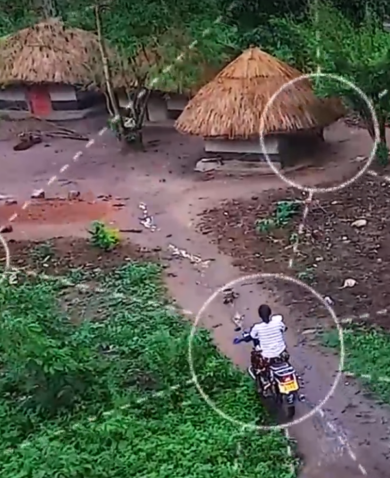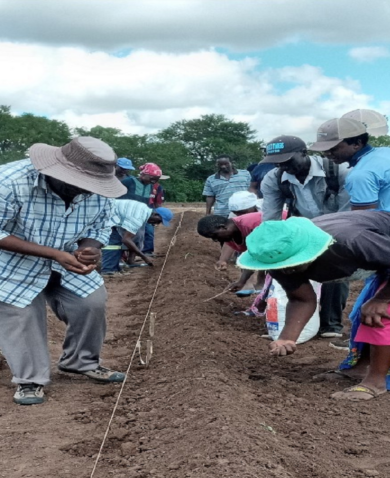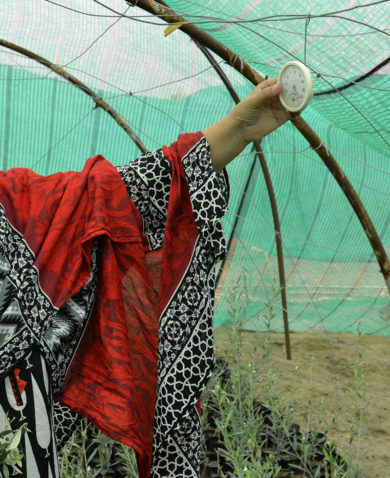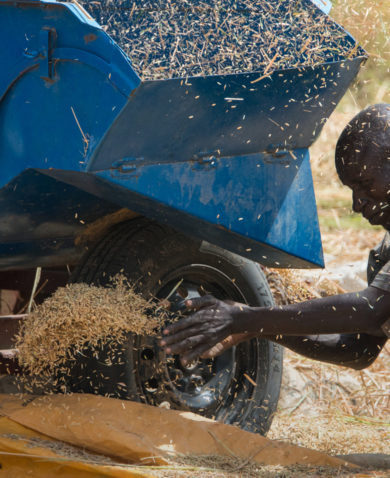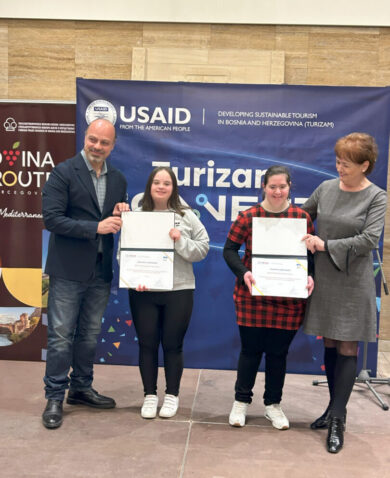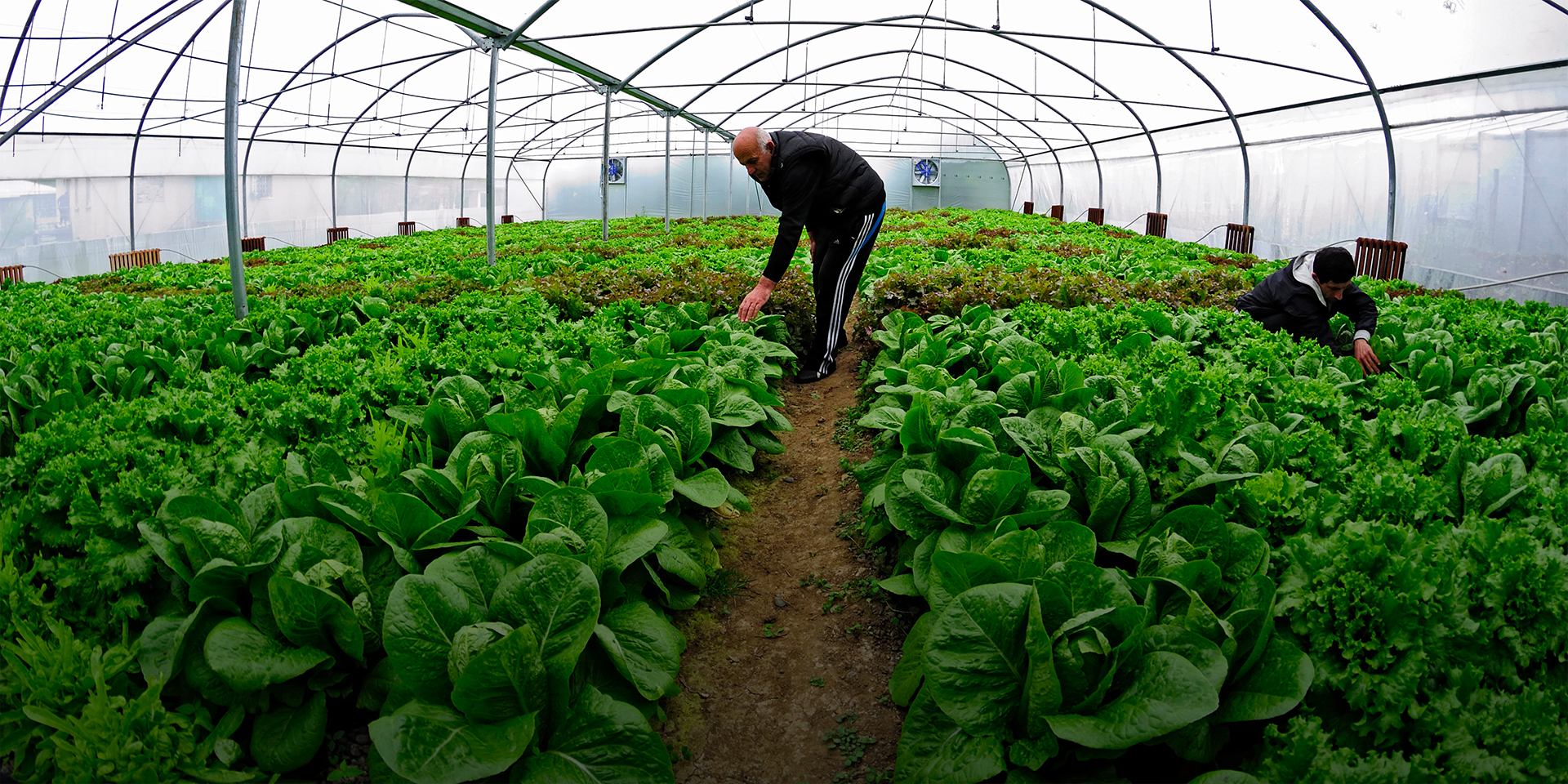
Supporting Healthy Digital Platform Competition in the Georgian Agriculture Market
August 16, 2018 | 3 Minute ReadWhat is the role of technology in creating viable, sustainable markets? In Georgia, one project is using innovative digital solutions to transform the agricultural value chain and empower local actors to reach their full potential.
This post originally appeared on ICTworks.
When working in international markets, there is one golden rule to ensure sustainability: make sure your interventions do not distort markets. In small markets, such as Georgia, a country with less than 4 million people, 50 percent of which are self-employed in the agriculture industry, this is especially important.
Laying the Foundation for Competition
Since 2016, the Georgia Zrda Activity, funded by USAID and implemented by Chemonics International, has supported three competing digital platforms focused on connecting smallholder farmers to the larger value chain by providing information, online input sales, and market match-making.
Each digital platform has tackled this with its own revenue model and approach to sustainability. These digital platforms are entering the market at a critical time: Smart phone adoption is increasing nationwide, and the government is committed to promoting and expanding broadband access to support technological innovations in agriculture from high mountainous areas to low-lying villages.
How Did These Competing Platforms Emerge?
In 2016, Zrda issued competitive grants directly and through partnering organizations to three start-up organizations vying for the same clientele, working closely with each to provide critical technical and financial assistance:
Kalo.ge, Credo Microfinance Bank
Developed by Georgia’s largest microfinance bank, Kalo.ge supports Credo clients and farmers to obtain updated agronomic information and access to agricultural services, aiming to help lower credit risk for agriculture lending.
As part of their loans, clients agree to monthly payments, which contribute to portal maintenance and operation of the application. Additionally, Kalo.ge provides member farmers with useful information on various agricultural issues, including production manuals, updates on new technologies in agriculture, and more.
Traktor.ge, Cartlis Agrosystems
Traktor.ge was created by Elva, an NGO-turned entrepreneurial start-up company that partnered with eight input suppliers to develop an online marketplace for agricultural products. This online marketplace offers more than 650 products, with Traktor receiving a small commission on all sales.
As of March 2018, the application counted more than 11,000 users and subscribers countrywide, with almost 2,000 registered quarterly active users and a reported GEL 120,000 in sales (USD $50,000).
Agronavti, Georgian Farmers’ Association (GFA)
The Agronavti mobile application developed by GFA is primarily a market match-making engine, linking registered farmers with the Georgian Farmers’ Distribution Company (GFDC) and GFDC with end buyers in the hospitality industry.
The application provides up-to-date agricultural information, including weekly prices established for farmers’ products and their statistical changes, research and innovations in agriculture, weather forecasts. As of March 2018, the app reported more than total 2,500 users and facilitated sales of GEL 780,000 (USD $318,000).
Carving Out Unique Positions in the Marketplace
In early 2018, Traktor and Kalo began discussing the potential for partnership. Although the partnership is not completely finalized, parameters have been established, with Traktor licensing IP in Georgia and integrating its functionality and services under the Kalo brand. The idea is that Traktor will keep its IP and earn new revenue by managing Kalo.ge services, while commissions from Traktor Shop (now integrated into Kalo) will stay with Traktor.
This collaboration benefits both companies: It provides Kalo.ge with an immediate audience and platform management expertise while Traktor gains a new revenue source to keep the service running and maintain ownership of input sales commissions. This partnership, albeit unexpected, was an extremely favorable result of the competition between the multiple platforms and serves as an excellent example of how these types of small grants can change farming outcomes and maximize smallholder innovations.
In contrast, GFA’s model is unique in that it is positioned in the marketplace as an engine to drive increased GFA membership through new value-added service provision while also providing an income stream through market match commissions.
Soon the Agronavti application will add traceability and checklist monitoring functionality to support farmers in meeting requirements of the new scheme while providing instant visibility on farm management practices to buyers engaged on the platform.
In the near future, Agronavti will also evolve and expand to support implementation of GFA’s new initiative on the creation and promotion of a “Georgia GAP” certification scheme, supported by Zrda. Such efforts will further build trust between farmers and value chain actors. Georgia GAP will be based on a modified and less rigorous form of GLOBALG.A.P., targeting the domestic market, and in particular, the hospitality industry.
Focusing on Markets, Not Winners
Instead of choosing a single “winner,” Zrda has chosen to support multiple actors, each with their own approach to revenue generation. As a result, the project has established a viable market that has potential for continuous improvement and buy-in from farmers, customers, government stakeholders, and others in Georgia and beyond.
By choosing a non-distortive approach, and providing critical developmental financing and support, local innovators and entrepreneurs are now empowered to unleash their potential to return viable products that will transform the agricultural value chain.
Blog posts on the Chemonics blog represent the views of the authors and do not necessarily represent the views of Chemonics.






